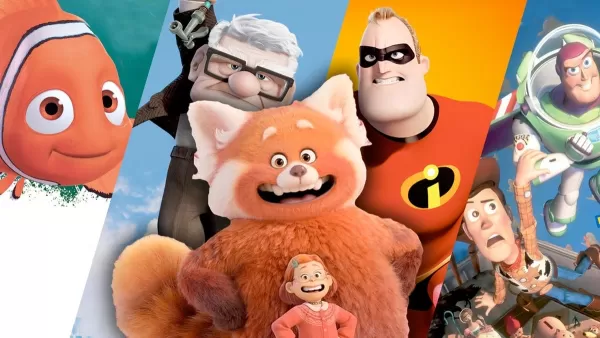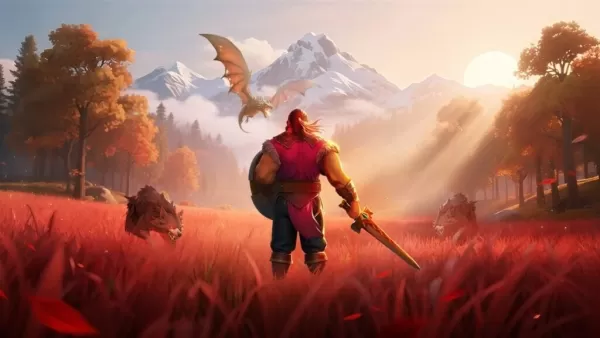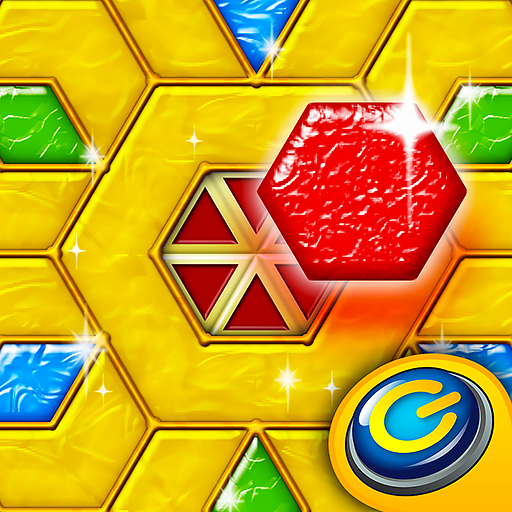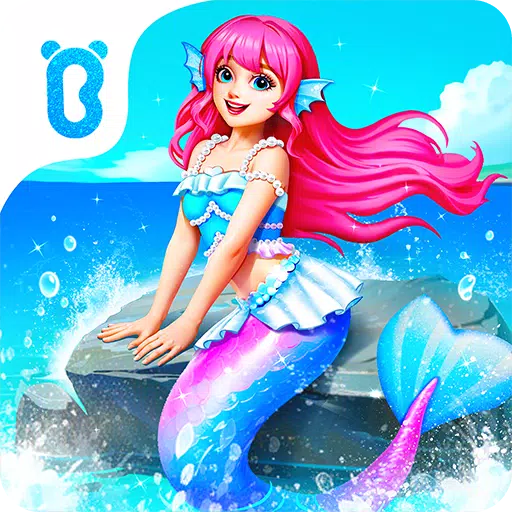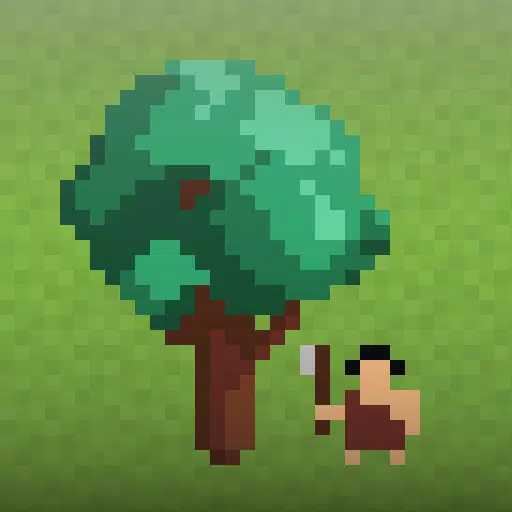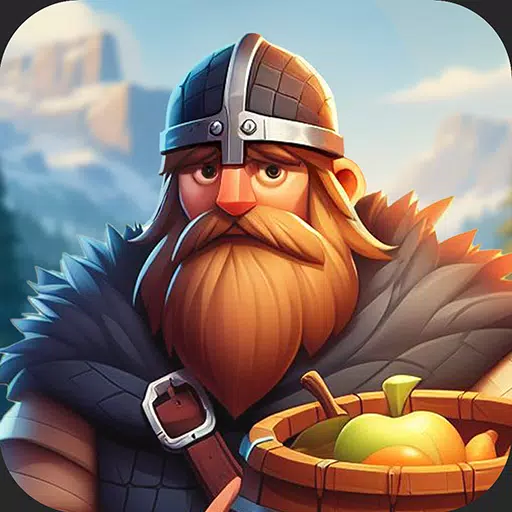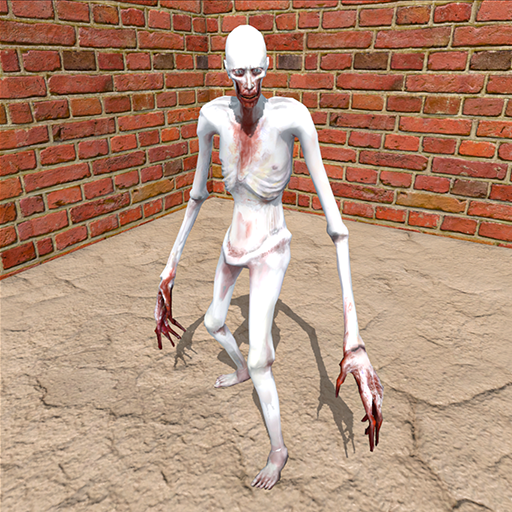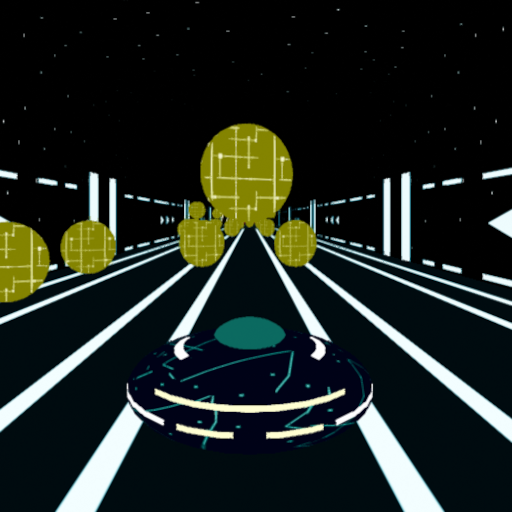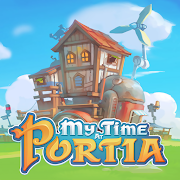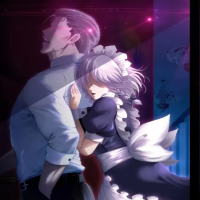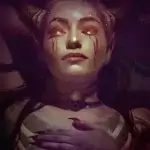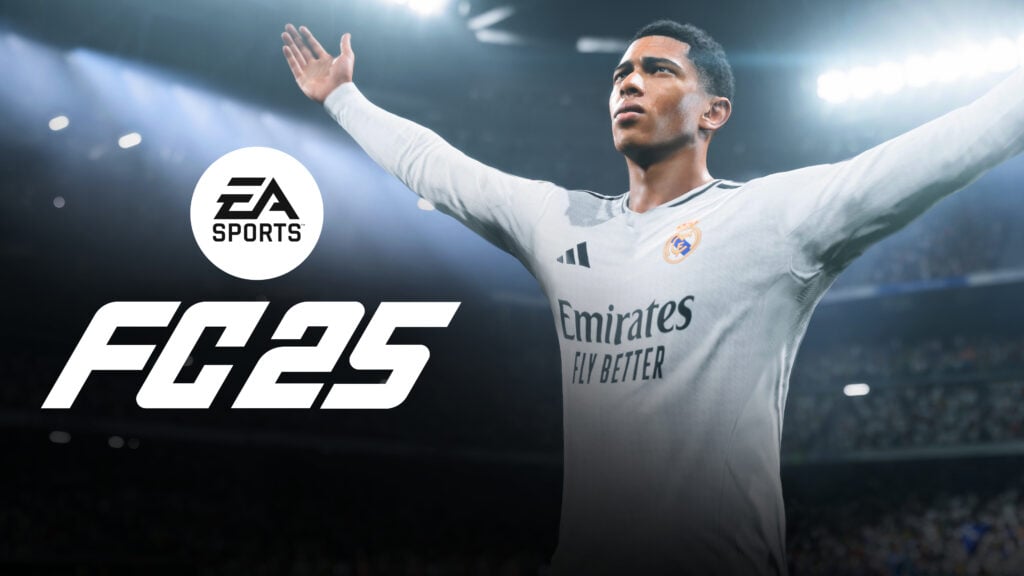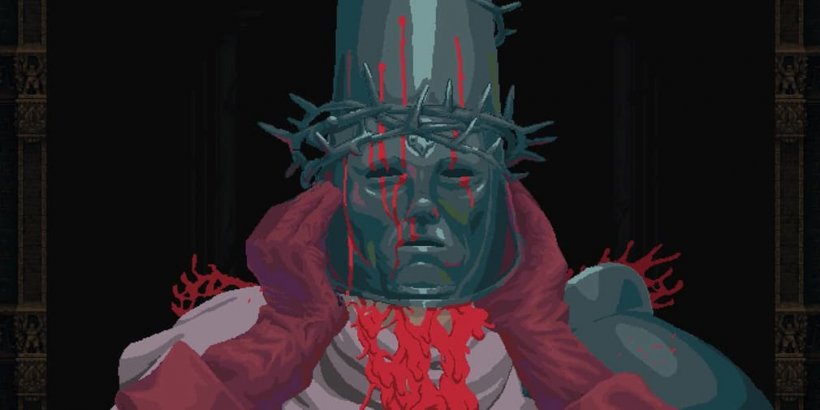Palworld's Communications Director Addresses AI Controversy and Misunderstandings
At the Game Developers Conference (GDC) last month, we had the opportunity to sit down with John "Bucky" Buckley, the communications director and publishing manager for Palworld developer Pocketpair. Following his insightful talk at the conference titled 'Community Management Summit: A Palworld Roller Coaster: Surviving the Drop,' Buckley shared candid details about Palworld's challenges, including accusations of using generative AI and stealing Pokémon's models for its own Pals. He also touched on Nintendo's patent infringement lawsuit against the studio, describing it as a "shock" and something the team hadn't anticipated.
Given the depth of Buckley's insights into Pocketpair's community struggles and successes, we decided to share the full extended interview here. For those interested in shorter, more digestible summaries, you can find Buckley's comments on the possibility of Palworld coming to the Nintendo Switch 2, the studio's reaction to the "Pokémon with guns" label, and the likelihood of Pocketpair being acquired at the provided links.
IGN: Let's start with the question you can't fully answer. You mentioned the lawsuit briefly in your GDC talk. Has it made it harder for Pocketpair to move forward and update the game?
John Buckley: No, the lawsuit hasn't made it harder to update the game or move forward. It's more of a constant presence that affects our morale. It hasn't impacted our development process directly, but it has required legal attention from the top level. It's more about the emotional toll it takes on the team than anything else.
IGN: In your talk, you mentioned the 'Pokémon with guns' moniker, which you didn't seem to like. Why is that?
Buckley: Many think that was our goal from the start, but it wasn't. We wanted to create something similar to ARK: Survival Evolved but with more automation and personality in the creatures. We're big fans of ARK, and our previous game, Craftopia, drew inspiration from it. The 'Pokémon with guns' label came after our first trailer, and while we weren't thrilled about it, it is what it is.
IGN: You mentioned not understanding why Palworld took off the way it did, but the 'Pokémon with guns' label seemed to play a role.
Buckley: Absolutely, that label fueled a lot of attention. But what bothers us is when people assume that's what the game is without playing it. We'd prefer everyone to give it a chance first.
IGN: How would you have described Palworld if you could?
Buckley: I might have called it "Palworld: It's kind of like ARK if ARK met Factorio and Happy Tree Friends." It's not as catchy, but it's more accurate.
IGN: In your talk, you mentioned the criticism that the game was AI-generated. How did that impact the team?
Buckley: It was a massive blow, especially for our artists, particularly our Pal concept artists. It's frustrating because it's not true, and it's hard to counter these claims. We released an art book to combat this, but it didn't have the impact we hoped for. Our artists, many of whom are female and prefer to stay out of the public eye, are deeply affected by these accusations.
IGN: With the ongoing conversation about generative AI in the industry, how do you feel about the claims?
Buckley: I think the arguments against us are hollow. They stem from a misinterpretation of comments our CEO made years ago and a party game we developed, AI: Art Imposter. It was meant to be ironic, but it was misconstrued as an endorsement of AI art.
IGN: What's your take on the state of online gaming communities?
Buckley: Social media is crucial for us, especially in our primary markets of Japan and China. However, online gaming communities can be intense. We understand the emotional reactions, but the death threats are where it becomes too much. We're as invested in the game as our players, if not more, and we feel the impact of these issues deeply.
IGN: Do you feel social media has gotten worse recently?
Buckley: There's definitely a trend of people saying the opposite of popular opinions just to get reactions. Luckily, Palworld has mostly avoided political and social controversies, focusing more on gameplay feedback.
IGN: You mentioned that the majority of the criticism came from the Western audience. Why do you think that is?
Buckley: We're not sure, but we're quite divisive in Japan as well. We focus on overseas markets first, which might contribute to the heat we receive. The death threats were mostly in English, which was unexpected.
Palworld Screens
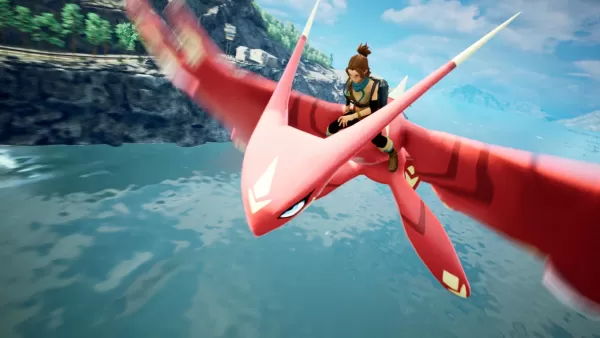
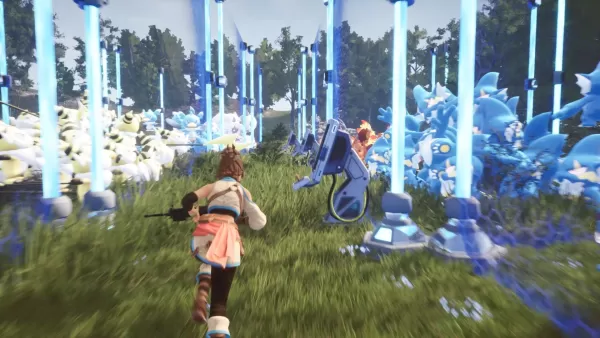 17 Images
17 Images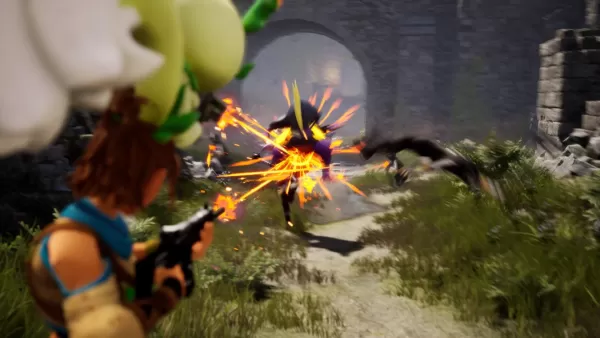
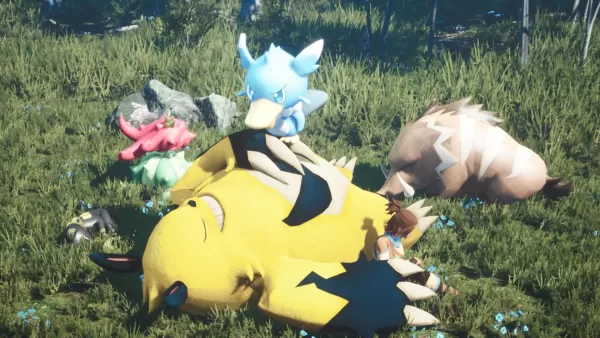
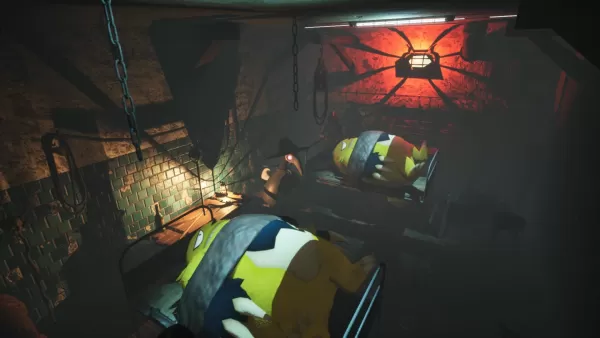
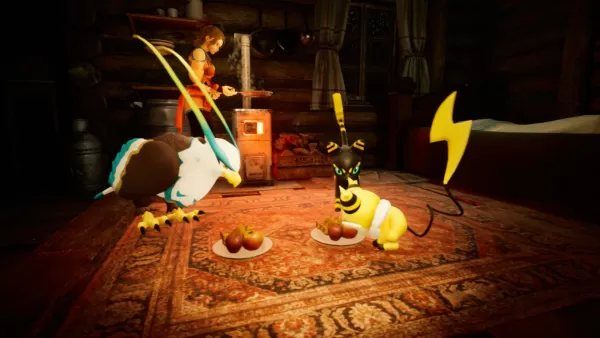
IGN: Palworld was extremely successful. Has that changed anything about how the studio operates or your future plans?
Buckley: It's changed our future plans but not the studio itself. We're hiring more developers and artists to speed up development, but our company culture remains the same. We're now a team of 70, but our CEO wants to keep it small.
IGN: Do you anticipate supporting Palworld for a long time?
Buckley: Absolutely, Palworld is here to stay, though in what form, we're not sure. We're also working on other projects, like Craftopia, and supporting individual initiatives within the company.
IGN: There was a misunderstanding about a partnership. Can you clarify?
Buckley: Yes, many thought we were acquired by Sony, which isn't true. We're working with Aniplex and Sony Music on the Palworld IP, but we're not owned by them.
IGN: Would Pocketpair ever consider being acquired?
Buckley: Our CEO would never allow it. He values independence and doing his own thing.
IGN: Do you see Pokémon as a competitor?
Buckley: Not really. Our audiences and game systems are quite different. We focus more on other survival games like Nightingale and Enshrouded. Competition in gaming is often manufactured for marketing purposes.
IGN: Would you consider releasing Palworld on the Switch?
Buckley: If we could make it work on the Switch, we would, but it's a demanding game. We're waiting to see the specs for the Switch 2 before making any decisions.
IGN: What's your message for those who misunderstand Palworld without playing it?
Buckley: I think a lot of people only know Palworld from the drama. If they played it, even for an hour, they'd see it's not what they think. We're considering a demo to help people understand the game better. We're not the 'seedy and scummy' company some make us out to be. We're just a small team that wants to protect our developers.
Last year was an extraordinary year for games, with titles like Palworld, Helldivers 2, and Black Myth: Wukong achieving unprecedented success. Emotions were high, and the gaming community was swept up in the excitement.
-
Pixar’s Elio, a new coming-of-age adventure story from the studio that excels at such tales, arrives in theaters on June 20. With this acclaimed animation studio’s latest release comes a perfect opportunity to reflect on the company’s 30 (!) years ofAuthor : Anthony Feb 16,2026
-
Fate War is now officially live worldwide. Published by IGG, this strategy game centers on surviving harsh cold climates and managing your tribe. Through the Tribe Bounty system, players participate in fair auction-style bidding.More Than Just EnduriAuthor : Aurora Feb 11,2026
- STALKER 2: Heart of Chornobyl - All Endings (& How to Get Them)
- Steampunk RPG Eldgear Unveiled by KEMCO
- Metaphor: ReFantazio - Complete Bond Guide
- NYT Hints and Answers: Guide to January 10, 2025
- Discover the Artifacts in Stalker 2: Locations and Acquisition
- Mushroom Go! Unleashes Co-op Dungeon Adventure for Fungi Fans

